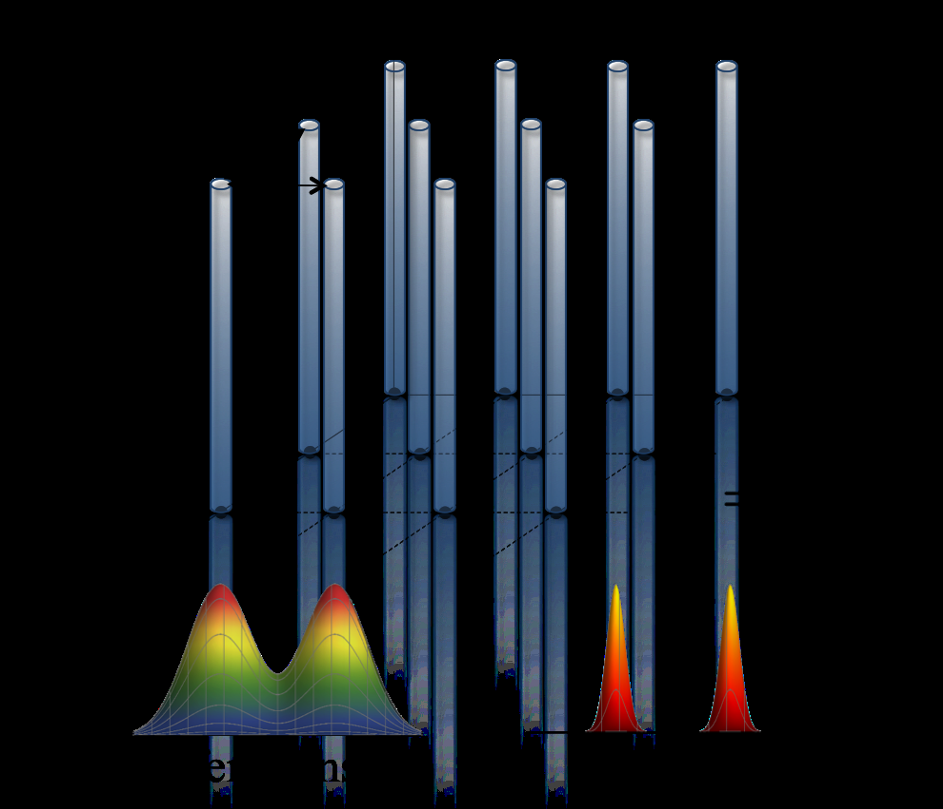The discovery of the Higgs boson (or the “Higgs-like particle” if you prefer) is without a doubt one of the signal scientific achievements of our time. It illustrates what sheer thought – aided by data of course – can reveal about the workings of the universe and it continues a trend that lists Descartes, Hume, Galileo and Newton among its illustrious forebears. From sliding objects down an incline to smashing atoms at almost the speed of light in a 27 kilometer tunnel, we have come a long way. Dissecting our origins and the universe around us scarcely gets any better than this.
Yet even as the exciting discovery was being announced, I could not help but think about what the Higgs does not do for us. It does not speed up the time needed to discover a new cancer drug. It does not help us understand consciousness. It does not tell us how life began or whether it exists elsewhere in the universe. It does not explain romantic love, how to design the best solar cell, why people have certain political preferences and how exactly to predict the effects of climate change. In fact we can safely predict that the discovery of the Higgs boson, as consciousness-elevating as it is, does not impact the daily work of 99% of all pure and applied scientists in the world.The discovery of the Higgs boson (or the “Higgs-like particle” if you prefer) is without a doubt one of the signal scientific achievements of our time. It illustrates what sheer thought – aided by data of course – can reveal about the workings of the universe and it continues a trend that lists Descartes, Hume, Galileo and Newton among its illustrious forebears. From sliding objects down an incline to smashing atoms at almost the speed of light in a 27 kilometer tunnel, we have come a long way. Dissecting our origins and the universe around us scarcely gets any better than this.
[Seguir leyendo en The Curious Wavefunction]
